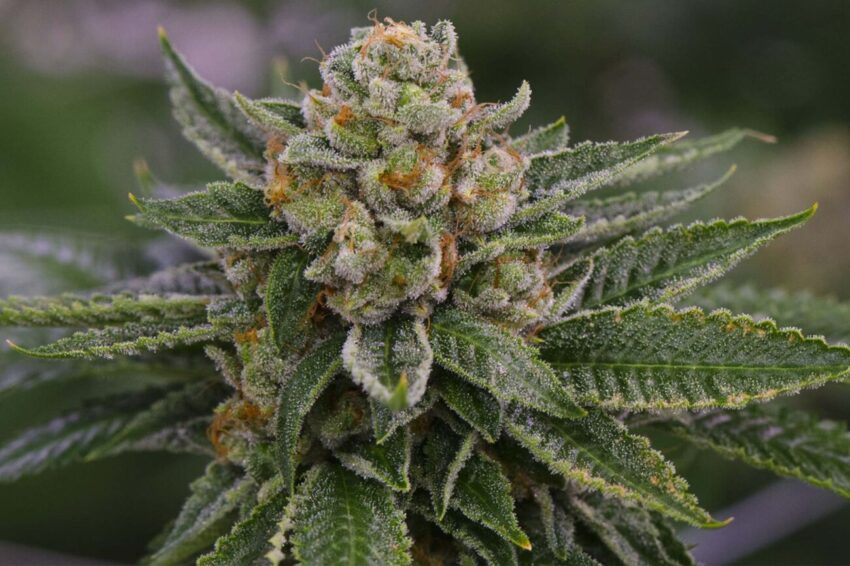A predecessor of the well-known THC present in cannabis, the tetrahydrocannabinolic acid (THCA) flower is attracting the medical community’s interest for possible health advantages free of psychoactive effects. With increasing knowledge of thca bud medical qualities, its future in therapeutic uses seems bright. This paper explores the possible medical applications of THCA flower and investigates how it can transform the approaches of therapy for different diseases.
Possible Therapeutic advantages
THCA flower has many different and significant medicinal effects. THCA is a possible therapy for diseases like lupus and arthritis as studies show it has anti-inflammatory effects. Its neuroprotective properties may also help with neurodegenerative illnesses including Parkinson’s and Alzheimer’s. The range of THCA’s therapeutic advantages is widening as more research is done, implying a bright future in pain management, mental health, and the treatment of chronic diseases.

Effectiveness and Safety
The safety profile of THCA flowers is one of its most important benefits in the medicinal domain. THCA gives the advantages of cannabis without changing a patient’s mental state as unlike THC it does not have psychoactive effects. For those seeking treatment without the “high,” THCA appeals as a result. The constant study seeks to completely grasp the effectiveness of THCA in therapeutic environments, so guaranteeing that it may be safely included in patient treatment plans.
Though the road of thca budfrom a basic flower to a powerhouse in the medicinal area is still under development, there is unquestionable promise. THCA flower represents the front edge of a medicinal revolution with its great safety profile and expected therapeutic advantages. THCA bud might become a mainstay in treating a variety of health problems as research advances and laws change, altering lives without the euphoric effects of its relative, THC. THCA flower’s future in medicine is flowering, not merely optimistic.


